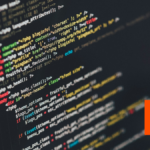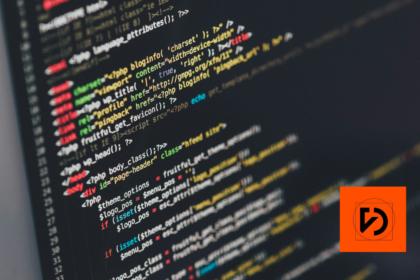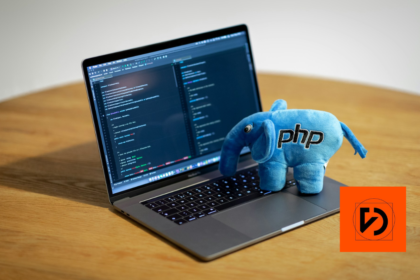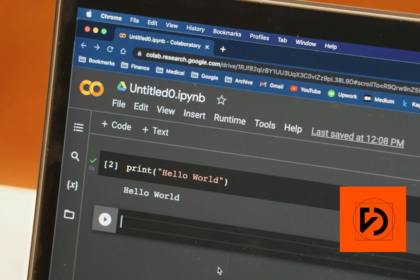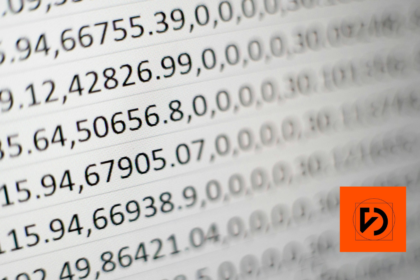Django is a Python programming language framework that allows you to create powerful web applications. An automatically generated admin interface, a template generator and a committed open-source community are just some of the advantages of this increasingly popular tool. Learn about Django and why you should choose it for your web projects.
Web application developers using Python as a server-side programming language can choose from a wide range of web frameworks to speed up the development of large and complex applications. They can also opt for lightweight web micro-infrastructures for this purpose. However, the choice of solution should always depend on the project at hand and expectations from the final product. So let’s check out what the Django framework combined with Python has to offer in terms of web programming?
Framework Django vs Python
Python is a powerful, high-level programming language that has many applications. Among other things, it is used to build web applications. Django, on the other hand, is one of the most widely used Python frameworks for creating web solutions.
What is Django?
Django to darmowy framework webowy o otwartym kodzie źródłowym, który pozwala na programowanie w Pythonie na wysokim poziomie. Instalowany jest na serwerze sieciowym, dzięki czemu przyspiesza tworzenie aplikacji i pomaga programistom w tworzeniu bezpiecznego, bogatego w funkcje, szybkiego i skalowalnego interfejsu internetowego.
Django applications – advantages of the framework
Django’s complexity means that working with it requires adequate experience and knowledge, but developers and software houses that work with the Django framework on a daily basis see a number of benefits.
Libraries
Django provides developers with documentation and extensive libraries containing pre-written code, classes, scripts, or configuration data. By doing so, it provides greater functionality and automation, reducing the time to market.
Administration panel
Administration panels help manage the application. The Django admin panel is generated automatically from Python code, which is important, since manually creating a panel is time-consuming. Moreover, the Django panel allows for far-reaching personalization.
ORM
Among other things, Django owes its popularity to ORM (Object-Relational Mapping), or object-relational mapping. ORM is a library that automatically maps stored data to support interactions with databases.
SEO
Python is famous for its readable code, which is important for a web application’s position in search results. With Django, on the other hand, you can generate readable URLs and website links using the most relevant keywords and search engine optimization best practices.
When to choose Django for a web project?
This, of course, is not all the advantages of Django. The framework also offers the ability to reuse components, also referred to as DRY (Don’t Repeat Yourself), and includes ready-to-use features such as a login system, for example. Django is first and foremost a tool to streamline your workflow. So if you value the ability to experiment and quickly verify results and ideas when building an application, clear, concise Python along with flexible Django will be the right solution.
Do you want to develop a web application? Feel free to contact us! We will be happy to take care of your project from A to Z!

